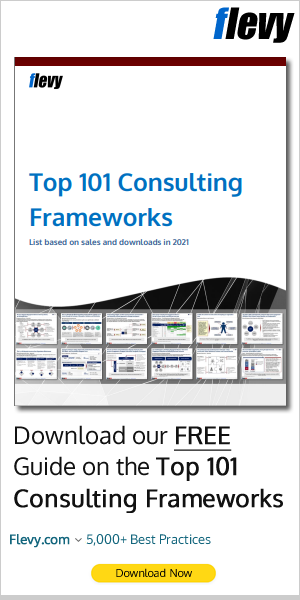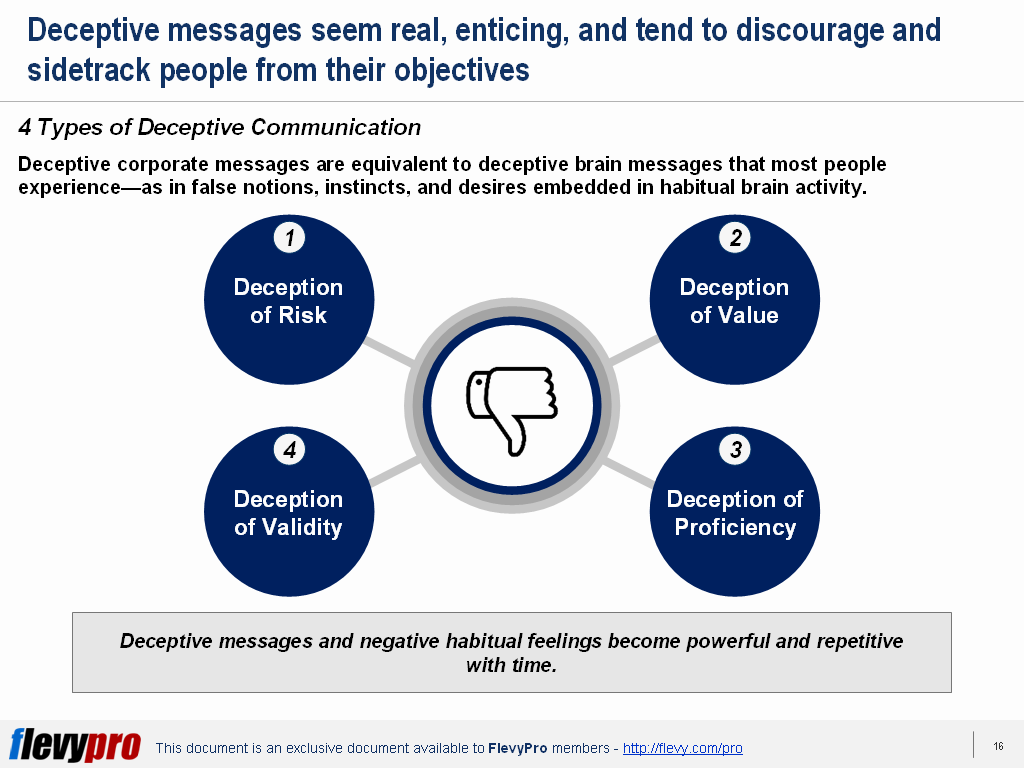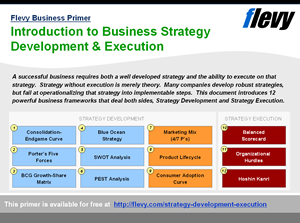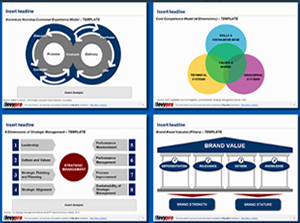Editor's Note: Take a look at our featured best practice, Structured Thinking 101: Clarity Through Storylines (39-slide PowerPoint presentation). Clarity is critical in business communication of all kinds, yet difficult to achieve. To add insult, clarity is necessary, but not sufficient. Powerful professional communication must also deliver an insightful message, while often prepared in collaboration with others and under great [read more]
How Do We Combat Deceptive Corporate Communication?
* * * *

Business leaders often grumble about these cognitive perversions that kill the essence of harmony and cohesion, where everybody seems to be deceiving one another. Such organizational communication is frequent across organizations, involving a constant barrage of false but compelling stories that propagate disappointment, negatively influence the mindsets of people, and ultimately damage the reputation of a business.
This kind of deceptive corporate communication often passes unnoticed and rather gets reinforced by our routine interactions and conversations. Amidst such an ecosystem, proposed ideas and innovation is often greeted with pessimism by the majority of other people.
During good times, corporate communications is assuring and exciting—for instance, “we are simply the best,” “no one can get us down.” But once under pressure, organizational messages turn extremely negative—to the effect of, “this ship is about to sink” or “nothing can save this.” Most individuals treat these deceptive messages as unquestionable maxims, assume that others trust these, reiterate them across the business, and avoid challenging these rumors.
As we grow, we learn to resist deceptive brain messages, but this resistance comes with consequences. Research reveals that restraining deceptive messages results in higher stress levels and depression in individuals. For organizations, this leads to illogical behaviors grounded in attitudes that nobody support, but cannot cast off.
Deceptive organizational messages are of 4 common types:
- Deception of Risk
- Deception of Value
- Deception of Proficiency
- Deception of Validity
Deception of Risk
Narcissistic executives who are overly confident and believe that they are different from the other miscalculate risks, which leads the companies to complacency and failure. They are possessed by overconfidence exceptionalism where they underestimate competition, and their people believe that their leader takes chances and always comes out on top. This overconfident exceptionalism engulfs the entire company, more so the managers who surpass boundaries, falsify numbers, and become confident until the risks overwhelm them.
This is exactly what happened during the financial crisis of 2008. Some of the deceptive messages voiced during the financial crisis and earlier stated: “We are smarter” or “we have learned from past mistakes.” As a result, most of the risk assessments at that time were flawed and not mindful of the looming crisis that hit them hard afterwards.
Deception of Value
Deceptive organizational messages concerning value provide a totally inaccurate estimate of the potential value of ongoing initiatives. The miscalculated value of initiatives, resulting from deceptive messages, is demonstrated as perfectionism (or all-or-nothing) thinking—assuming that everything should be absolutely perfect before it is of any value. This perfectionism is the reason for teams not proposing an interesting idea, fearing it isn’t good enough, or a research group second-guessing an innovation and delaying it until a rival’s offering emerges and takes a sizeable market share.
Deception of value also presents a perspective, quite common in many individuals, called the “fixed mindset”—where people believe that their basic qualities, such as their intelligence or talent, are simply fixed traits. They have a certain amount which cannot be enhanced.
Deception of Proficiency
Deception of Proficiency makes people believe that they can get anything done even if they lack the basic proficiency to do it. The capability of someone to influence others and get things done, or the confidence in one’s own ability to succeed is termed as self-efficacy. People with high self-efficacy believe that they will succeed in complex tasks, even if they do not have the proficiency to do so. People with markedly low self-efficacy surrender easily, even though they could actually succeed.
Deception of Validity
Deception of validity makes people believe that something is true because of the way it feels. Misperception of validity is a distorted thinking pattern to split reason from emotion. The messages with the distorted thinking pattern called “Emotional Reasoning” comes into play here where people presume something is true, solely based on a feeling. Or, conversely, if it doesn’t feel right, there must be a problem. For instance, people have a tendency to gauge investments based on their emotional feelings from past transactions. They reason that, “we were hurt by our last deal in XYZ territory, so never again there.”
Approach to Combating Deceptive Communication
Dealing with deceptive corporate communication necessitates a robust methodology. Organizations struggling with managing deceptive corporate messages can take advantage of a 2-step approach to dealing with misleading communication:
- Relabel the Message
- Reframe the Message
Interested in learning more about how to manage deceptive corporate communication in your organization? You can learn more and download an editable PowerPoint about Deception in Corporate Communication here on the Flevy documents marketplace.
Are You a Management Consultant?
You can download this and hundreds of other consulting frameworks and consulting training guides from the FlevyPro library.

Readers of This Article Are Interested in These Resources

|
|
240-slide PowerPoint presentation
|
|
Excel workbook
| |||
About Mark Bridges
Mark Bridges is a Senior Director of Strategy at Flevy. Flevy is your go-to resource for best practices in business management, covering management topics from Strategic Planning to Operational Excellence to Digital Transformation (view full list here). Learn how the Fortune 100 and global consulting firms do it. Improve the growth and efficiency of your organization by leveraging Flevy's library of best practice methodologies and templates. Prior to Flevy, Mark worked as an Associate at McKinsey & Co. and holds an MBA from the Booth School of Business at the University of Chicago. You can connect with Mark on LinkedIn here.Top 10 Recommended Documents on Communications Strategy
» View more resources Communications Strategy here.
» View the Top 100 Best Practices on Flevy.














